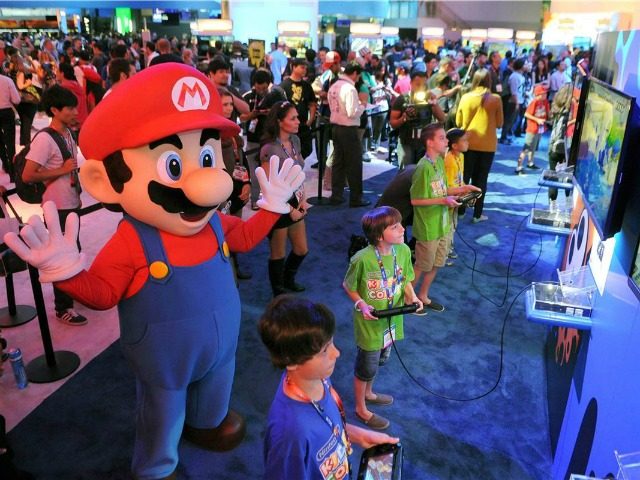A professor at Seattle University argues in a new book that video games promote “toxic meritocracy” or the expectation that the most skilled, hardest working player should win.
Christopher Paul, chair of the department of communication at Seattle University is the author of a new book titled The Toxic Meritocracy of Video Games: Why Gaming Culture is the Worst. Paul has a bone to pick with video game culture. Why? Because video games often promote the notion most prepared or most skilled player should win.
“Games are based on leveling up and getting stronger,” Paul said in an interview with Campus Reform. “We expect the most skilled, hardest working player to win. The typical narrative in a game is a rags to riches story where the player propels the character into a key role and perhaps even attains god-like status.”
“All those things shape our expectations and focus players on individuals, rather than the collective,” Paul added. “As actualized meritocracies, video games quickly become really toxic spaces where players are focused on individual glory, rather than creating positive spaces for interaction.”
A description of Paul’s book from the University of Minnesota Press reveals that the book will also cover how “video game’s focus on meritocracy” leads to “deep-bred misogyny” and an “endemic malice of abusive player communities.”
Game designers, Paul explained in a bizarre paper published in 2012, aim to design games that reward players with better scores as their skills improve. Creating video games that reward players with better scores as their skills improve may seem intuitive but not to Paul.
Because this desirable reward mechanism is rarely replicated in the real world, Paul condemned the fact that video game designers aim to reward the players that are the “best.”
A premise frequently underlying video game design is the belief that games should be balanced Balance is actively sought by designers in an effort to develop games that provide a ‘fair’ playing field that can easily be translated into an appropriate test of gamer skills. The governing ideology of balance allows those with the most gaming capital to triumph over those with less, as developers seek to make games where success is shaped by skill, rather than chance. As the norms of gaming capital and balance have become increasingly ensconced within game design, one of the implications is that games become meritocratic, where the ‘best’ are the most successful.

COMMENTS
Please let us know if you're having issues with commenting.